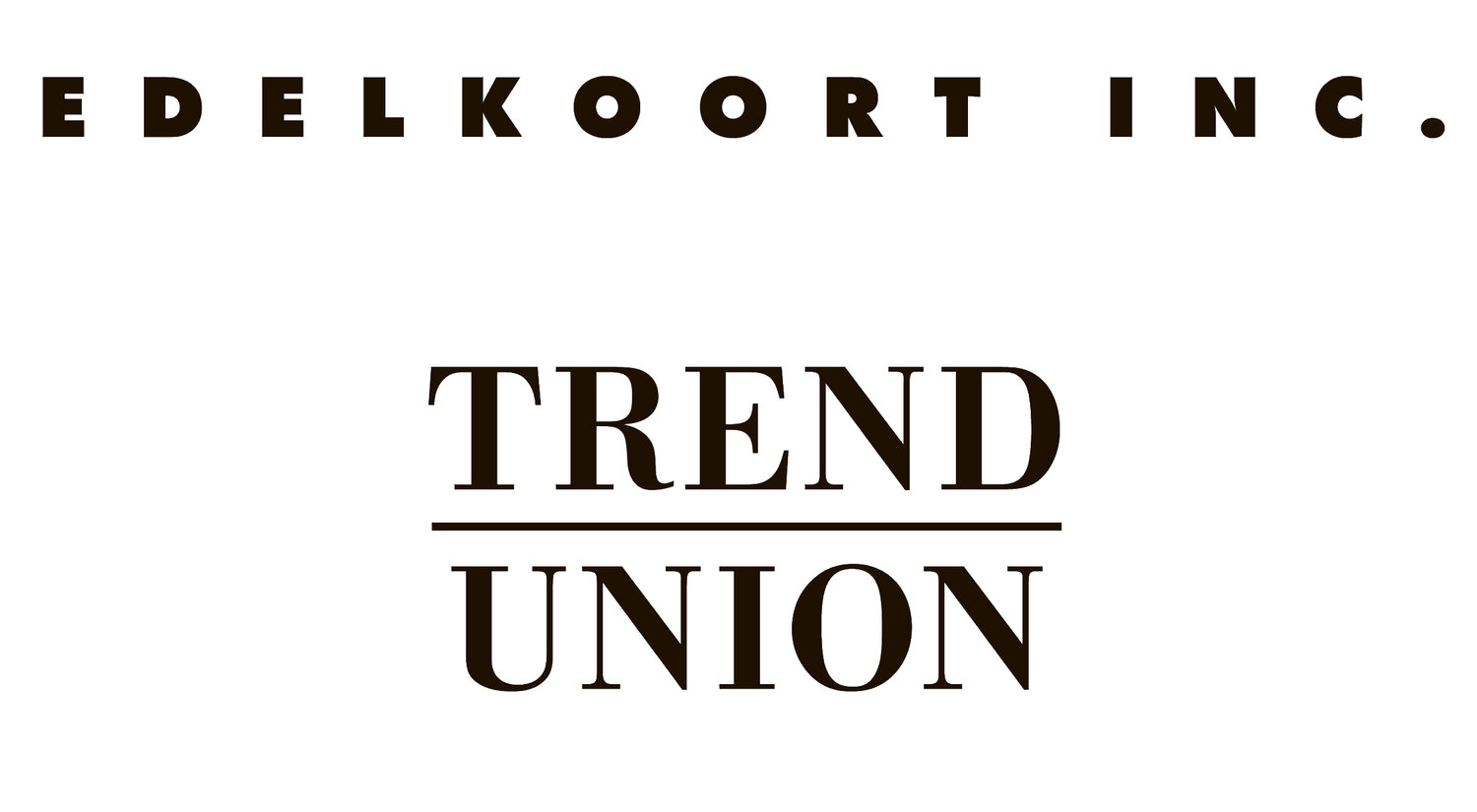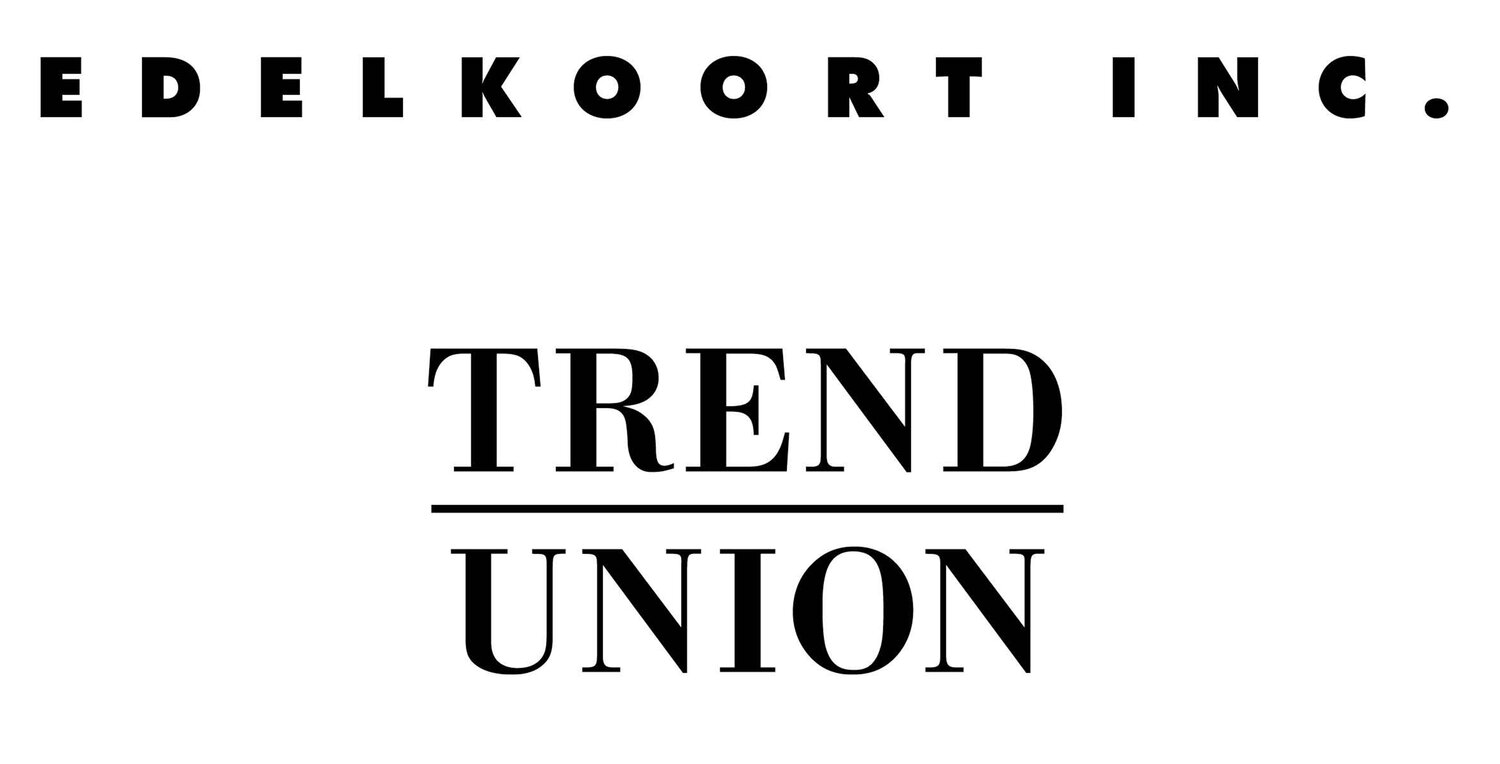photo: rug by Studio Daniel Costa
Talking Textiles
with Li Edelkoort & Philip Fimmano
Friday April 22nd
10:00 - 12:00 (New York EST)
16:00 - 18:00 (Europe CET)
Tickets
$95 USD with a complimentary copy of the magazine
Free if you have already purchased the magazine
Free for students
contact Ticketsnyc@edelkoort.com to receive the promo code
Weaving is one of the oldest surviving practices in the world, with its history firmly rooted in the Neolithic period. Since then, weaving has influenced culture and design around the planet, becoming an indispensable skill connected to family traditions, farmed fibres and local production — spanning to modern times when the loom became mechanised during the Industrial Revolution. Li Edelkoort and Philip Fimmano will take you on an inspiring journey through Europe, Morocco, India, Nepal, Japan, America and beyond. This presentation focuses on woven fabrics and their origins, since both students and designers everywhere have taken up the loom as their most important instrument. The loom is of course a tool for weaving, but it also becomes an object of veneration and reflection, a self-sufficient work of art, a modernist ready-made or a recycled found object in the deserted, pandemic-stricken streets. The multiple fruits of these looms are collected and savoured, becoming a token of the contemporary revival of Arts and Crafts in textiles, fashion and interiors.
In the second half of the webinar, Edelkoort will present her Declaration of Change and the pair will discuss From Farm to Fabric to Fashion, the concept for a new two-year masters course at Polimoda in Florence, Italy. Students will learn about the growing of crops, the rearing of animals and explore the textile processes at the origin of fashion. They will design creative fabrics and learn how to conceive new weaves and patterns while also practicing dyeing, knitting, crochet, lace and embroidery. They will continue their exploration of fabrics by making them expressive and innovative, using hybrid techniques that combine craftsmanship and technology. Throughout, students will be considered as “textile thinkers” and will study history, anthropology and archaeology to explore the human psyche and social behaviour. At the conclusion of the course, they will refine both textile and fashion design techniques before presenting a manifesto to illustrate their creative identity.


